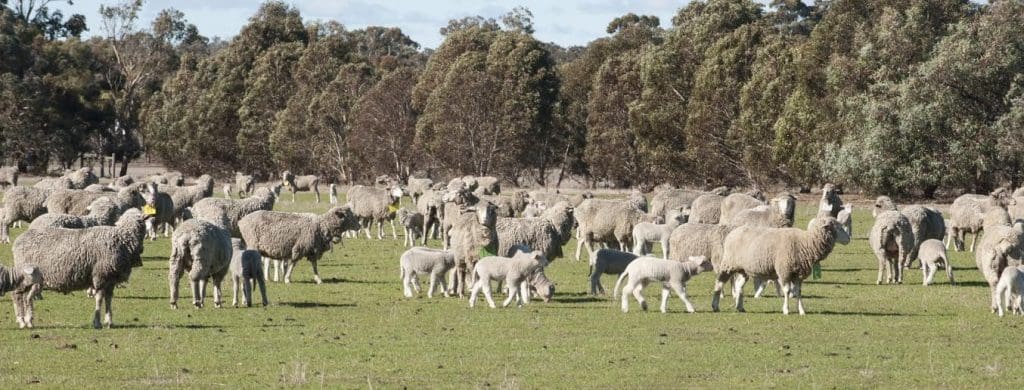
SHEEP dung could hold the key to developing the next generation of anti-parasitic treatments that could protect Australian livestock and save the industry millions of dollars a year.
University of Queensland researchers will study the bacteria and fungi present in infected sheep faeces and pastures in a bid to discover new natural anti-parasitics that could also prevent multi-drug resistance.
Professor Robert Capon and Dr Zeinab Khalil from UQ’s Institute for Molecular Bioscience have been awarded a $700,000 Australian Research Council Linkage Grant to partner with animal health company Boehringer Ingelheim Animal Health Australia, which will provide funding and in-kind support totalling $1.5 million.
The project will target nematodes – microscopic worm-like parasites – which infect the gut of sheep and cattle, causing illness and reduced productivity.
“An outbreak of nematodes can lead to the quarantining of livestock and pastures, increasing costs for farmers, jeopardising Australian food security and leaving the export trade vulnerable,” Professor Capon said.
While farmers now use a combination of existing chemicals as anti-parasitics, many nematodes have become multi-drug resistant. The issue for the livestock industry has been compounded by the slow discovery rate of new anti-parasitics.
Dr Khalil said the research team would collect samples of infected sheep faeces and pasture soil from commercial sheep stations across Australia.
“Taking these samples back to the lab, we will assemble a library of bacteria and fungi that we can manipulate to discover new classes of natural anti-parasitics,” he said.
“Microbes like fungi and bacteria can have silent or switched-off gene clusters with anti-parasitic properties.”
The researchers aim to activate these ‘silent’ genes by changing the conditions in which the microbes grow.
“We can use various chemical and physical stimuli on the microbes to trick them into revealing the natural chemical defences they normally keep hidden deep in their DNA,” Dr Khalil said.
“We will thoroughly investigate the anti-parasitics that we find and fast-track the ones with the most potential.”
Professor Capon said the aim was to discover new classes of natural anti-parasitics with different modes of action which will safeguard livestock and sidestep multi-drug resistance.
“New anti-parasitics will have a radical effect on farming – allowing less frequent application of chemicals, less chemical stress on the environment, and an ability to rehabilitate infected pastures previously deemed uneconomic,” he said.
Source: University of QLD

HAVE YOUR SAY